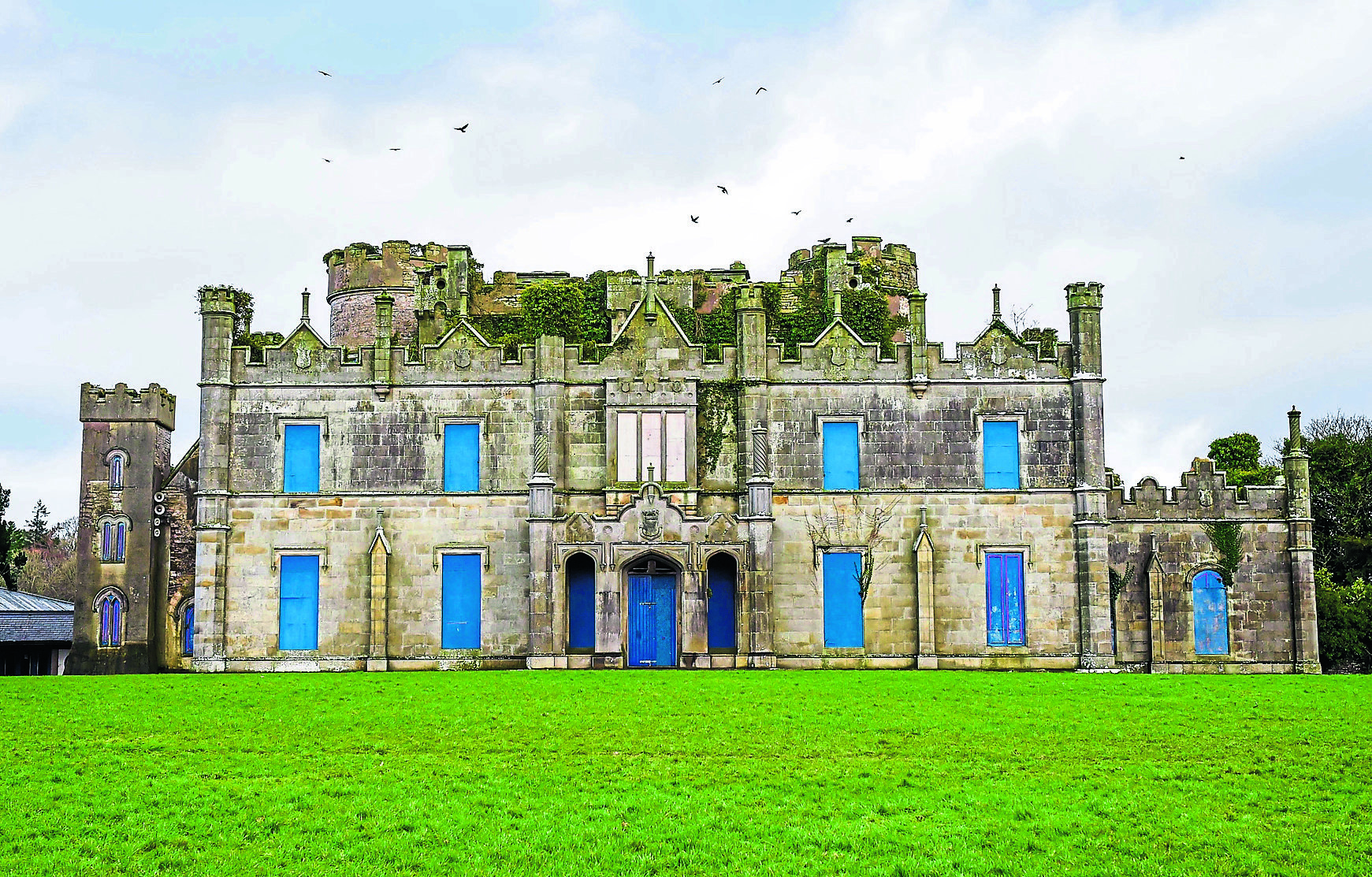IT LOOKS like the Necarne Estate in Irvinestown will soon become a caravan park.
Plans have been in motion to create a touring caravan site at the historic estate for some time, and now planning officials have recommended granting planning permission for 23 pitches.
The report from the Council planners notes the estate comprises of a historic park and gardens, and includes several listed buildings.
“The development of the caravan park will not have any adverse impact on the historic assets or the wider appearance of the area,” the report states. “There are a number of houses nearby, however the development will not harm their residential amenity.”
The planning permission approval includes a stipulation that existing trees on the estate must be protected, only to be removed with Council approval or if they are deemed a danger, as well as a requirement to plant yet more trees.
There were two objections to the planning application, one raising concerns about the use of a private laneway to access the estate, and another concerned about the privacy of a nearby home, noting a fence that acted as a screen was in disrepair.
The planners noted the issue of the private laneway was a civil matter “for the relevant interested parties”, while the issue of the fence was also a matter between private parties.
The pitches will be located at an overspill car park within the estate, which the Council previously noted was the most northern and least-used car park within the estate.
Almost three years ago the Council approved a 99-year lease to Gardrum Holdings Ltd for the development of the 230-acre estate, home to Castle Irvine, as a potential holiday retreat.
The plans put forward at the time centred on preserving and enhancing the property, and indicated the development could include accommodation, activities and event spaces.
The granting of the lease to Gardrum in early 2020, after a lengthy discussion and tendering process, was not without controversy, with significant objections to the potential development. These included concerns from the many local walkers who frequent the estate daily, as well as questions about who would be paying for the upkeep of the 17th century, Grade B listed Castle Irvine, which had fallen into serious disrepair over the years.

DEVELOPMENT... The historic Necarne Estate in Irvinestown will soon become a caravan park.
Council is set to green light caravan park plans
Posted: 6:00 pm November 19, 2022
Posted: 6:00 pm November 19, 2022








